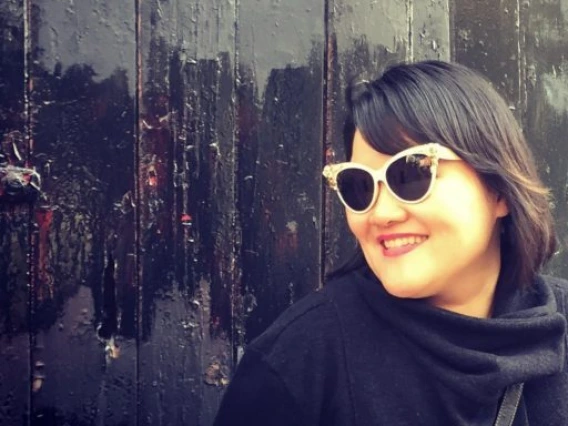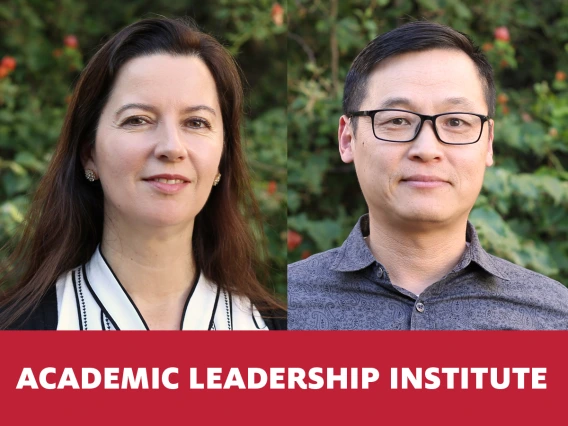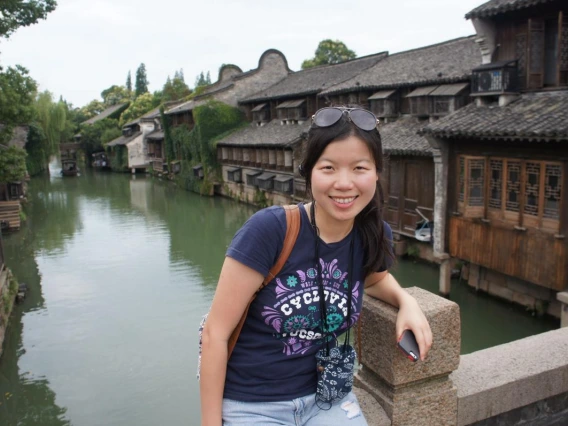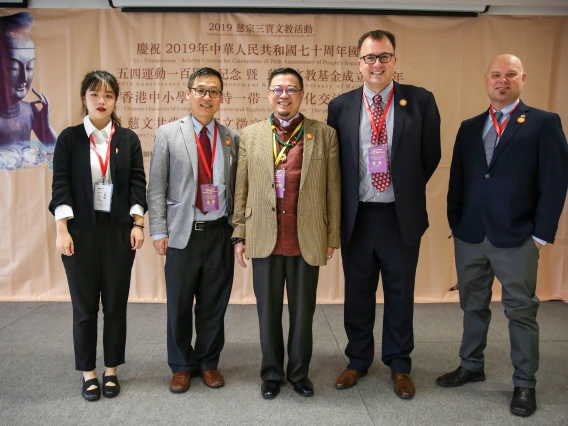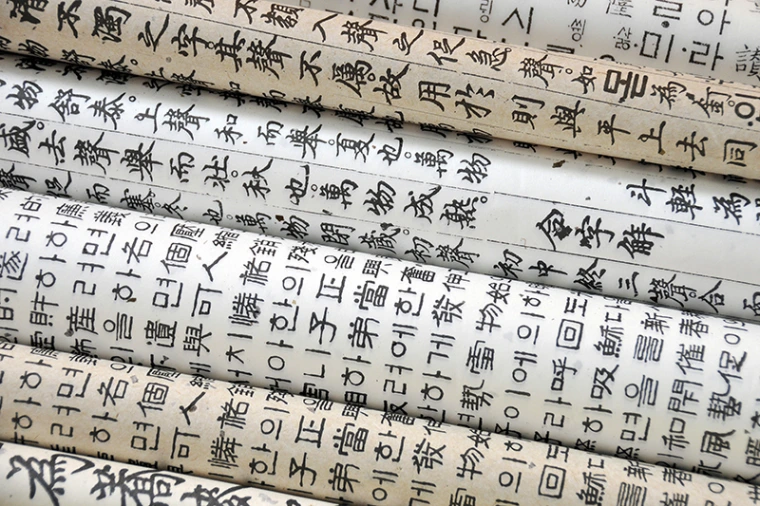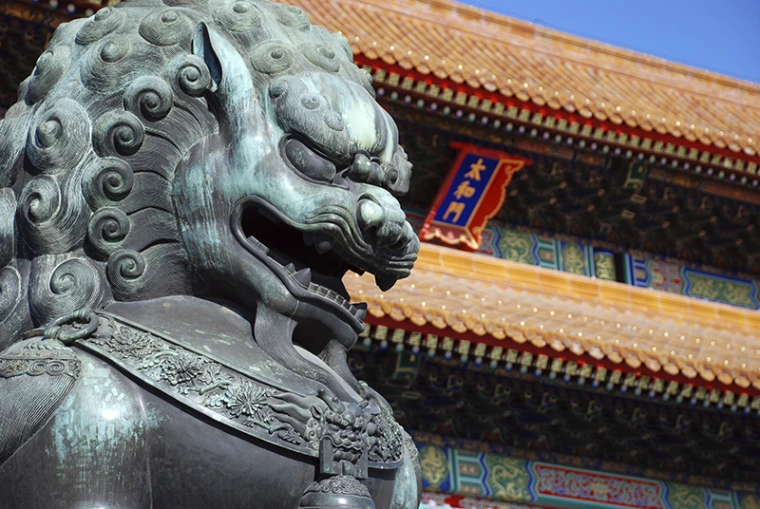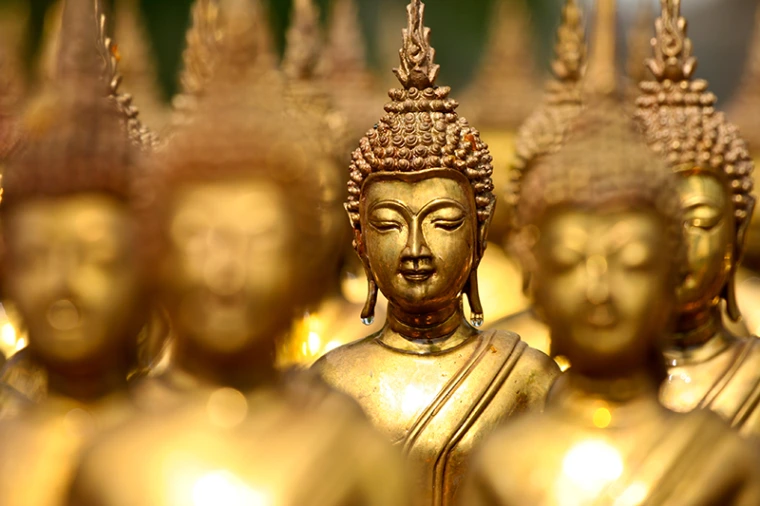UA College of Humanities researchers are spending four weeks this summer in China on a Fulbright-Hays grant to provide a group of K-16 educators with insights into Chinese culture, language and education.
Awarded a Fulbright-Hays grant of $88,263, Wenhao Diao, an Assistant Professor of East Asian Studies, is leading the project, with support from the UA’s Center for Educational Resources in Culture, Language and Literacy, or CERCLL, which is also funded by the U.S. Department of Education.
The participants in the project are diverse, teaching at a variety of levels, from elementary school to community college, from Tucson and Phoenix, as well as Maryland, Minnesota, Nebraska and Ohio.
“Other programs are mostly for language teachers. We’re primarily doing this for teachers who aren’t language teachers, but in humanities and social sciences,” Diao said. “The goal is to help them establish knowledge and awareness about Chinese history, culture and language that they can decide how best to bring into their classroom.”
The program began at the UA with on-campus language instruction, workshops and teleconferencing with Chinese educators. In China, the group is at Shanghai’s East China Normal University as host through its Global Education Center.
“There’s a built-in peer component,” Diao said. “Each teacher is paired with a local teacher in China and we’ll be visiting schools and hearing from professors whose research deals with education. We’re trying to show them this perspective that’s different and get them knowledge about Chinese culture and society through the perspective of education.”
The four weeks in China will include language classes, field trips, lectures and small group workshops, and continue the one-on-one exchange with Chinese K-16 educators. The goal is for participating educators to effectively incorporate their first-hand experience from China into humanities and social sciences curricula in K-16 schools in Arizona, and to prepare students for an increasingly globalized world.
The local teachers on the trip range from elementary school to high school to Pima Community College. For the teachers of lower grades, what they are able to bring to their classrooms after the program is likely to be the first exposure their students will have with Chinese language and culture.
“This project is a curriculum-building trip, and the teachers will come out with lesson plans that are tailored to what they are doing in their own classes, but which will also be shared with a national community of educators through CERCLL’s website,” said Kate Mackay, Associate Director of CERCLL, one of 16 Title VI Language Resource Centers across the nation. “The knowledge and resources that they’ll gain from the trip will be able to add many authentic insights for the teachers, and for their students as well.”
Week one will be an overview of China’s family structure, education, and history; week two focuses on educational equality and social justice; week three covers China’s educational social progresses and resistance; and week four will center on the historical, current and future potential for engagement with globalization in the educational sector.
“The project is designed to use education, broadly defined, as a topic and perspective,” Diao said. “There are social issues reflected in education, and issues with globalization. There are a lot of elements involved that we can talk about using the angle of education.”
